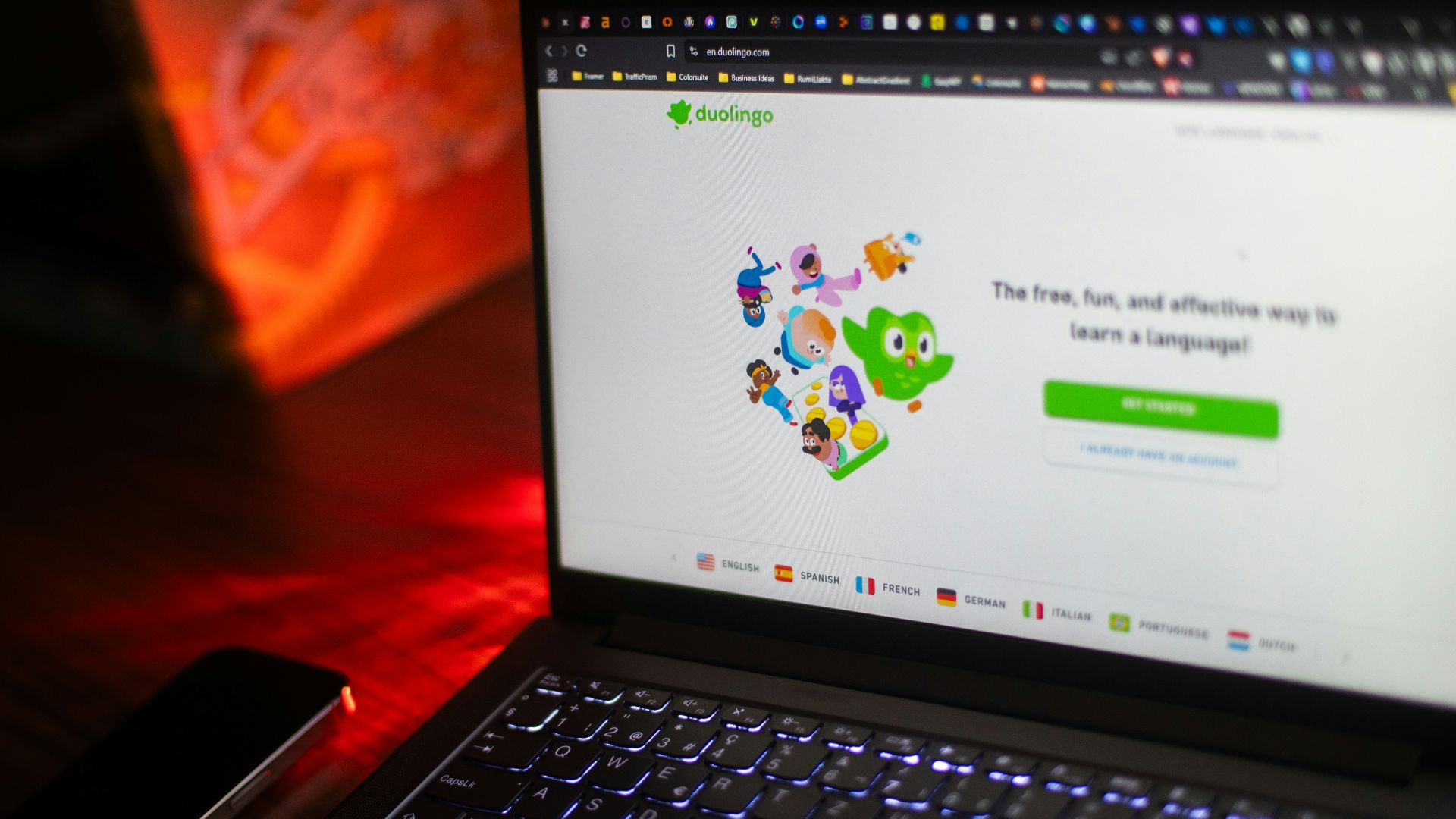Smarter Studying, Powered By AI
Not all tech shortcuts are dishonest. In fact, many AI tools are designed to simplify your learning process without giving away answers or doing the work for you. They enhance how you prepare, simplify what seems overwhelming, and allow for steady progress on your own terms. When used with intention, it becomes a study partner that actually improves how you think. Here's how it can support you—without crossing any lines.
1. Create Personalized Study Schedules
Instead of juggling messy to-do lists, you can rely on tools like Notion AI and StudyGPT to design smart, time-blocked study plans based on your upcoming deadlines. These platforms adapt to your energy patterns and update instantly through voice or text commands.
2. Generate Instant Summaries Of Dense Textbooks
Dense chapters don't have to drain your focus. With apps like ScholarAI or ChatGPT, you can get quick, digestible overviews that highlight major points, definitions, and examples. Many tools even format summaries into flashcards, making last-minute revision fast and far more effective.
3. Turn Lecture Notes Into Flashcards
When reviewing typed or handwritten notes, AI can instantly convert them into flashcards with spaced repetition built in. Platforms like Quizlet AI help reinforce key facts using audio playback and mobile syncing—perfect for memorizing vocabulary or essential formulas on the go.
4. Create Mind Maps Automatically
Visual learners can finally skip the manual diagramming. With just a few text inputs, apps like Ayoa or MindMeister AI turn complex subjects into mind maps that link key ideas together. These tools also let you organize by topic and collapse sections for easier review.
5. Reword Difficult Texts With Simpler Language
Complex passages are no longer a barrier. You can ask AI tools to rewrite academic material in simple and accessible language, even adjusting it to middle-school level if needed. This proves especially helpful for ESL learners or when studying dense legal or medical topics.
6. Generate Practice Questions
Instead of searching online for relevant quizzes, use AI platforms like QuestionWell or Learnly to produce custom practice questions. You can set difficulty levels, filter by concept, and simulate real exams. It's a fast and personalized way to reinforce your understanding of any topic.
7. Turn Lectures Into Study Guides
If you record your classes, AI tools such as Otter.ai and Whisper can transcribe and organize them into bullet-point summaries. With timestamps and the option for keyword tagging, you'll quickly find what matters most, making it easy to review or catch up after missing a session.
8. Create Study Playlists
Studying in silence isn't for everyone. AI-generated music platforms like Brain.fm and Endel offer soundtracks designed to improve focus and memory by minimizing distractions. You can adjust the tempo or intensity depending on your mood or study goal, too.
9. Build Study Bots
Instead of relying on scattered notes, you can create custom bots using tools like Poe or Discord's AI plugins. These bots act as personalized tutors who know your syllabus and quiz you on key concepts. They also help you with your next steps—all in a pressure-free environment.
10. Summarize Scientific Papers Quickly
When research piles up, AI tools such as Elicit.org and SciSummary make it easier by extracting a paper's findings, methods, and conclusions. These tools reduce the time spent skimming abstracts, letting you find useful sources faster and focus on writing and analysis instead.
11. Break Down Complex Math Problems
Math doesn't have to be intimidating when AI tools like Symbolab and MathGPT explain each solution step-by-step. Such platforms also provide visual graphs and logic breakdowns, helping you understand the "why" behind the answer and build stronger problem-solving skills.
12. Translate Study Materials Into Multiple Languages
International learners can benefit from AI platforms like DeepL and Google Translate, which translate documents accurately while preserving meaning. You can also switch between the languages and strengthen your vocabulary in local study environments.
13. Simulate Debates Or Essay Arguments
To build sharper arguments, AI models like and ChatGPT can simulate opposing viewpoints on any issue. Practicing this way improves your ability to think critically and develop persuasive essays—all while reinforcing your confidence in high-pressure discussions.
14. Turn Study Notes Into Visual Slides
When you need to present material or study visually, tools like Gamma and Tome transform raw text into ready-made slides. They select formatting, themes, and layouts automatically, saving you time and making group presentations or solo reviews more polished and efficient.
15. Predict Weak Topics With AI Analytics
Rather than guess what you need to study, AI tools like ScribeSense and Century Tech use your performance history to reveal patterns. These insights help you target weak areas early, along with the ability to track your progress and build a more strategic approach to revision.
16. Create Mnemonics And Memory Aids
Studying long lists or tricky concepts? AI tools like ChatGPT can invent catchy acronyms, rhymes, or word associations tailored to your interests. Whether you're into sports or pop culture, these creative cues make information easier to remember and far more engaging.
17. Organize Citations And Bibliographies Instantly
Instead of manually formatting references, tools like Zotero and EndNote can automatically detect source details and apply the correct citation style. This takes the pressure off during deadline crunches, especially when you're juggling multiple academic formats across different assignments.
18. Record And Summarize Group Study Sessions
Group study doesn't have to mean chaotic notes. With transcribing tools like Fireflies.ai, your discussions can be transcribed and tagged with key points. It's a practical way to track who covered what, assign follow-up tasks, and make sure everyone stays aligned before the next meeting.
19. Practice Speaking Different Languages
Improving your speaking skills is easier when AI tools like TalkPal or Duolingo simulate natural conversations. They offer real-time corrections based on your vocabulary level and pronunciation, helping you build fluency gradually, even without access to a human language partner.
20. Learn With AI-Powered Gamified Apps
Studying becomes more enjoyable when platforms like Zearn, Quizizz, or StudySmarter add game mechanics. These apps adapt to your progress and reward effort with points and badges, which keep motivation high and help turn repetitive drills into something you actually want to revisit.




























